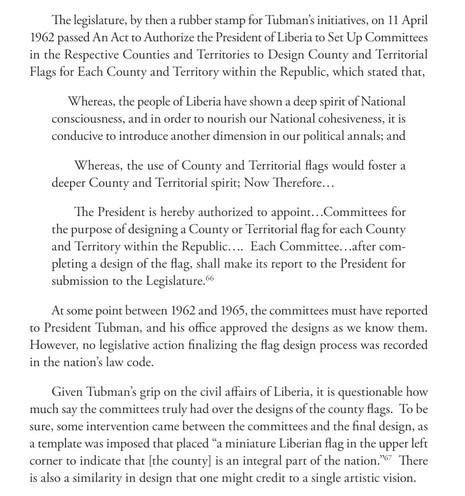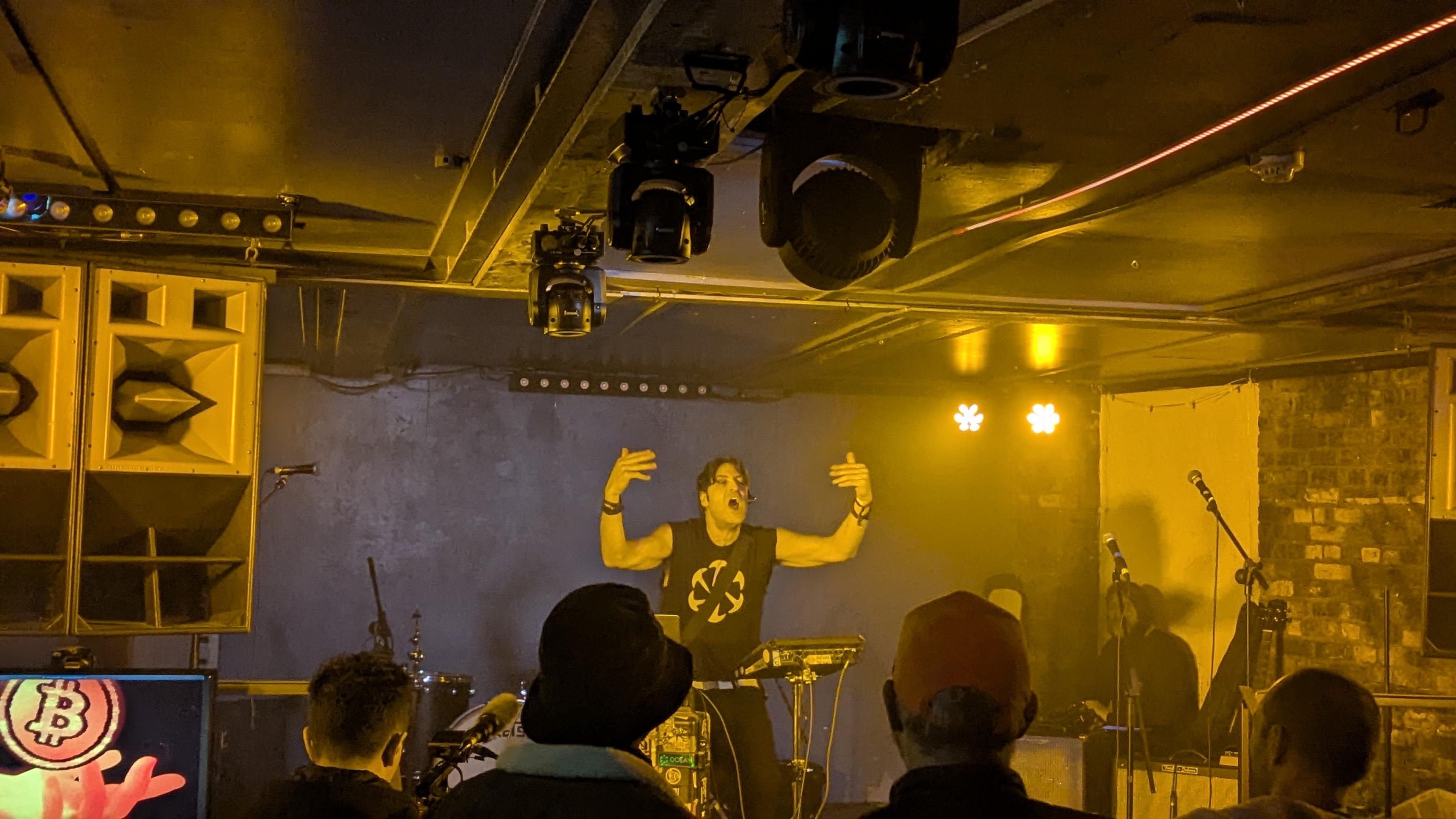Content warning: re: bitcoin conference report
Of course it's not only the money which is broken.
The music industry is also very crappy. Major pop stars rake in billions while most artists starve. There's only three record companies left, acting as gate keepers determining which sings get the payola to get radio play and Spotify basically gave up paying small artists in order to give Joe Rogan hundreds of millions of dollars.
Terrible situation.
So can bitcoin and lightning fix this?
Thus the after party here in Manchester.
Musicians and rappers at the event embrace V4V, value for value. Busking on the internet. Payment links on screen and on the live stream as they play.
Ainsley Costello tells us that her first song on fountain.fm made her a million sats, way more than any Spotify stream could make even if they still paid small artists.
She played us that song and then a whole range of artists took to the stage, live streamed over nostr, with donations coming in from all over the world.
All of them were talented and entertaining, but in particular Green Sands were tight and energetic and rocking, Edwin Williamson was deep and baritone and country, Roger 9000 really pumped the crowd with his bitcoin based songs and great tiny digital guitar and The Crypto raptor gets a special mention.
It was a really fun party, with musicians who all believe there is a better way than the terrible music industry.
Fast change overs and short sets means there were like ten acts in four hours among a friendly crowd in a dirty dive bar who all shared this common cause.
Full act list, all of whom are with checking out.
Ainsley Costello
The crypto raptor
Andy prince
Green sands
Edwin Williamson
Nathan abbot
G o l d
Longy
Roger 9000
Fable
#bitfest #music #v4v #bitcoin








